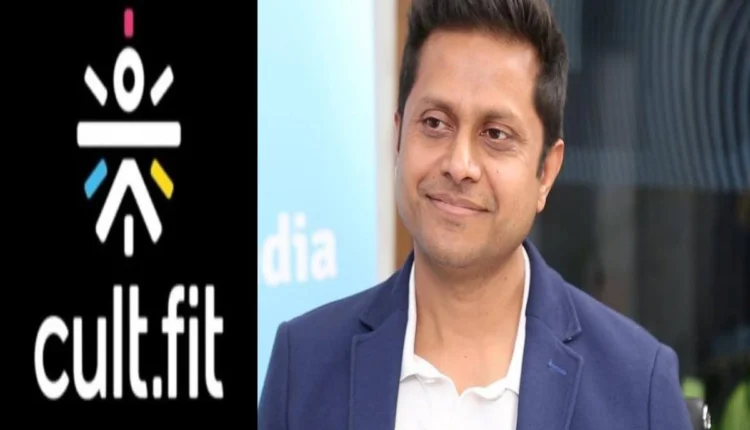In Bangalore, where the IT industry was king, Mukesh Bansal’s story of innovation in the healthcare sector began. He had a vision—a vision to transform the way people perceived fitness and health. Little did he know that his journey would be marked by challenges, struggles, and ultimately, a groundbreaking revolution.
Mukesh Bansal, a software engineer by training, was no stranger to the fast-paced world of startups and technology. After co-founding Myntra, a successful e-commerce platform, he decided to take on a new challenge. In 2016, he joined hands with Ankit Nagori, another Myntra alumnus, to embark on a new venture, and thus, Cult.fit was born.
Mukesh Bansal’s Journey and Achievements
Their goal was simple: to change the way people looked at fitness and wellness. The journey began with setting up fitness centres across Bangalore. But, as with any startup, challenges were inevitable. Mukesh and his team faced financial constraints, competition from established players, and the ever-present skepticism of investors who doubted the potential of the health and fitness sector in India.
Despite these challenges, Mukesh remained undeterred. He was driven by a deep-rooted belief that a healthier lifestyle could change lives. Mukesh and Ankit pushed ahead, seeking investments and expanding Cult.fit’s presence. They offered a range of fitness solutions, including gyms, personal training, yoga, and nutrition counseling. The innovative aspect was the use of technology to streamline these offerings, creating a seamless experience for members.
But the struggles persisted. Mukesh recognized that convincing Indians to embrace a fitness regime was more than just offering a product; it was about changing behaviour and habits deeply ingrained in society. They faced resistance from potential customers who questioned the need for change and commitment to fitness. Overcoming these societal barriers was a monumental task.
To tackle this, Mukesh introduced a unique concept – the Cult.fit app. The app brought fitness and wellness to the fingertips of millions. With virtual classes, customized workout plans, and access to certified trainers, Cult.fit started making inroads into people’s lives. It was not just about going to the gym; it was about integrating fitness into daily routines.
This technological innovation marked the turning point for Cult.fit. The app garnered a massive user base, and Mukesh and Ankit were determined to keep evolving. They introduced Cult.fit’s Eat.fit, a healthy food delivery service, and Mind.fit, focusing on mental well-being. The aim was to offer holistic wellness, addressing not only physical fitness but also nutrition and mental health.
Cult.fit’s breakthrough came when they secured substantial investments and expanded their operations across India. It was no longer just a startup; it was a movement. Mukesh Bansal had managed to revolutionize the healthcare sector by bringing fitness and wellness into the lives of millions, right in their homes.
The healthcare landscape had changed. People now have easy access to fitness regimes, healthy food, and mindfulness practices. Mukesh’s journey was a testament to the power of perseverance and innovation. He had not only conquered the challenges and struggles but had also created a brand that was now synonymous with a healthier lifestyle.
Cult.fit was no longer just a startup; it was a beacon of hope for a healthier and happier India. Mukesh’s story was a tale of unwavering determination, the ability to adapt, and the vision to bring about change. His revolutionary approach to the healthcare sector had made a significant impact, setting the stage for a healthier future for millions.
As Mukesh Bansal looked back at his journey, he knew that the challenges and struggles were an essential part of his success story. It was through these obstacles that he learned, grew, and transformed the healthcare sector. He had shown that, with the right vision and dedication, even the most daunting challenges could be overcome and a revolution could be achieved. His journey was a testament to the power of innovation and the profound impact it could have on society.
Also Read : NASSCOM Worries About Proposed H-1B Modernization Rule

